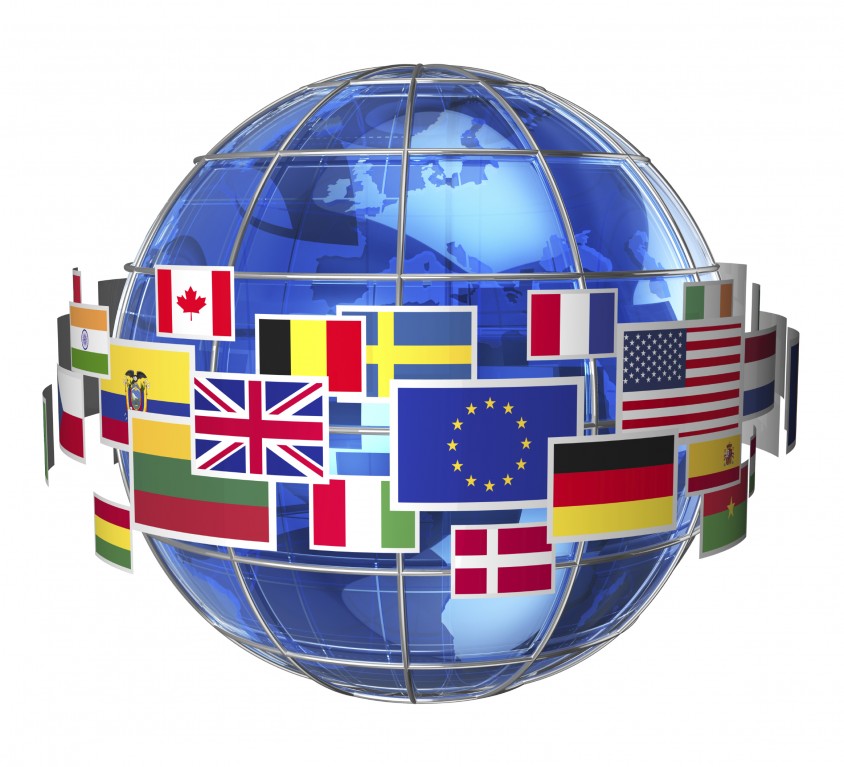The other day, while preparing a class in international marketing that I am going to give in France beginning of April, I stumbled upon this very useful handbook. Although very basic, I thought that it was still extremely helpful to read through it once again.
So here they are, a few simple points to help you communicate with people no matter where they come from:
- Be very aware of yourself
Try to understand how and why you communicate the way you do. Also pay attention to your speed and how you express yourself in languages which are not your mother tongue. This will help you appreciate others’ styles and how you may need to adapt to them. Pay attention to how people react and respond to you by looking for subtle changes in facial expressions and posture. Be aware however that non-verbal signs differ from one culture to another.
- Be curious, with respect
If you work closely with people from a particular country, learn about the people and how they like to communicate – from greetings to gestures to non-verbal behaviour. Build your know-how by observing, asking questions, watching movies, reading current affair articles and researching online.
- Clarify your intentions
Always explaining what you mean, especially when you are not communicating in your mother tongue can save lots of trouble and problems. You could for example explain that in your culture, communication tends to be more direct and that meaning only comes from words and not from interpreting the situation (low-context culture).
- Take a step back from the situation
Whenever you find yourself in a confusing situation, get into the habit of asking what is going on and seeking clarification from your counterparts. Usually the other person’s intentions are good, you are simply confused as you don’t know how to interpret what is going on.
- Put yourself in the other person’s shoes
We all have preferences as to what we like and dislike when it comes to communication and we tend to make quick judgments about people based on these preferences. The challenge is to stay open in a non-judging way. Try to put yourself into the other ‘worldview’, experiencing but not assimilating it, well aware of the differences and similarities.
- Do not stereotype
Do not stereotype but read individuals. If you start judging, tell yourself “here I am judging again”. Every person is different and you might even be surprised about how a person with a certain cultural background behaves completely different from what you would have expected. Everybody is a human being, an individual, just like you!
- Keep trying and don’t give up
We change the way we communicate on a frequent basis depending on who we are talking to (a friend, a family member, a colleague). Communicating effectively with people from other cultures just means being conscious and sometimes making a few more changes. Be aware that you can only change yourself and not the others around you. The more you are sensitive to how things work, the more you will see progress and positive outcomes.
- Be patient with yourself and don’t be afraid of making mistakes
The beauty lies in learning from mistakes and openly discussing what happened with your peers, a mentor, partner or even a coach. As you develop your intercultural skills and competence you will learn how to do things better over time! After all, skills can be acquired, they only need practice, practice, practice…


